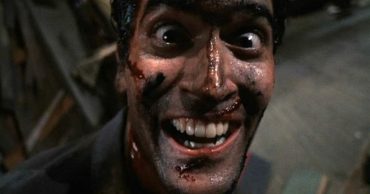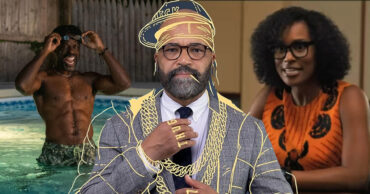
Spotlight, as I’ve mentioned before on TVOvermind, is, without a doubt, one of the best films of 2015 and entirely deserving of its nomination for Best Picture at tonight’s Academy Awards. The film manages to transcend the conventions of a typical “based on a true story” movie, and the resulting piece of art is one that delivers a strong message.
Specifically, Spotlight explains to the masses the true responsibility of journalism.
During a time in which our real-life media is consumed by pandering and sensationalism, it’s more important than ever for the public-at-large to see a historical example of what journalism is able to (and should) do when it’s used in the correct way.
As a quick recap, Spotlight is the true story that follows The Boston Globe‘s Spotlight team, which is the oldest investigative reporting unit still in operation today. Throughout its history, the Spotlight team has done some incredible work, but it’s hard to put anything above the results of its investigation into allegations of child sex abuse by the clergy that earned The Boston Globe the 2003 Pulitzer Prize for Public Service. The film follows this investigation and the resulting series of stories published by the newspaper, showing the team’s entire investigation from the outset to its publication.
On the surface, Spotlight is a tale about a group of dedicated reporters working to uncover more and more about a scandal that could shake the foundation of millions, and the story could easily be misinterpreted as a take-down of the Catholic Church. To see it in that way, though, is exactly that — a misinterpretation. The purpose of Spotlight isn’t at all a reprimand of the Church as a whole (something that the filmmakers and cast have been sure to point out throughout the film’s press tour). When you really dive into Spotlight and try to see what it’s doing, it becomes incredibly clear that, while the context of the story is rooted in a religious scandal, the true purpose of the film is to show what journalism can do when it’s used in the proper way. In essence, Spotlight serves as a reminder to those both inside and outside of the industry of the essential responsibility to journalism: to bring about change and enable justice for the disenfranchised through the dissemination of factual information.
It’s impossible to talk about the terrible allegations that are explored in Spotlight without acknowledging them as the single narrative drive in the film, but it’s so clear to me that the filmmakers are quite obviously attempting to show that the story itself is simply a means to an end. Throughout the film, the reporters on the Spotlight team (specifically, those played by Mark Ruffalo, who has earned a nomination for Best Supporting Actor for the role, and Michael Keaton, who should have earned the same nomination) struggle with doing the “right thing” despite their own personal convictions, but the understanding of their duty wins out in the end as they manage to bring about some form of justice for those who have been wronged. A lot (if not all) of it has to do with the Spotlight’s role at The Boston Globe, but the positive result of real journalism can be seen in the end as the cultivation and dissemination of the information is used to usher in a level (even if small) of change. Even to the average viewer, Spotlight makes it clear that journalism, when used in the right way, has the potential to bring actual good to this world. This possibility, even when tiny and hard-to-see, really is the responsibility of journalism.
There’s a place for sensationalism in journalism. There’s a place for entertainment and gossip and all of the superficial topics that audiences flock to today, and there’s absolutely nothing wrong with any of that. However, we can’t let modern “journalism” ever completely distract us from the true purpose, the true responsibility of real journalism. It’s more important now than ever before that we keep this conversation alive.
What are your thoughts on Spotlight and the way that it explores the responsibility of journalism? Let us know your thoughts in the comments down below!
 Follow Us
Follow Us





